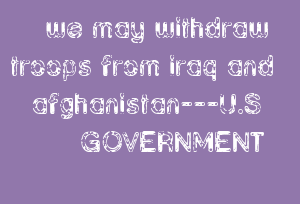

Chancellor Sebastian Kurz has urged Austrians not to meet anyone from outside their household in an attempt to curb a rapid rise in Covid cases.
He said schools would close and students would learn from home when new measures come into force on Tuesday.
Austria reported a record number of 9,586 new daily infections on Friday.
That figure was nine times higher than at the peak of the initial wave earlier this year. The country has recorded more than 191,000 cases since the start of the pandemic, and 1,661 Covid-related deaths.
The
new lockdown measures, which will see all non-essential shops and
services - including hairdressers - close, will remain in place until 6
December. People have been told to work at home wherever possible.
Advertisement

Link socials
Matches
